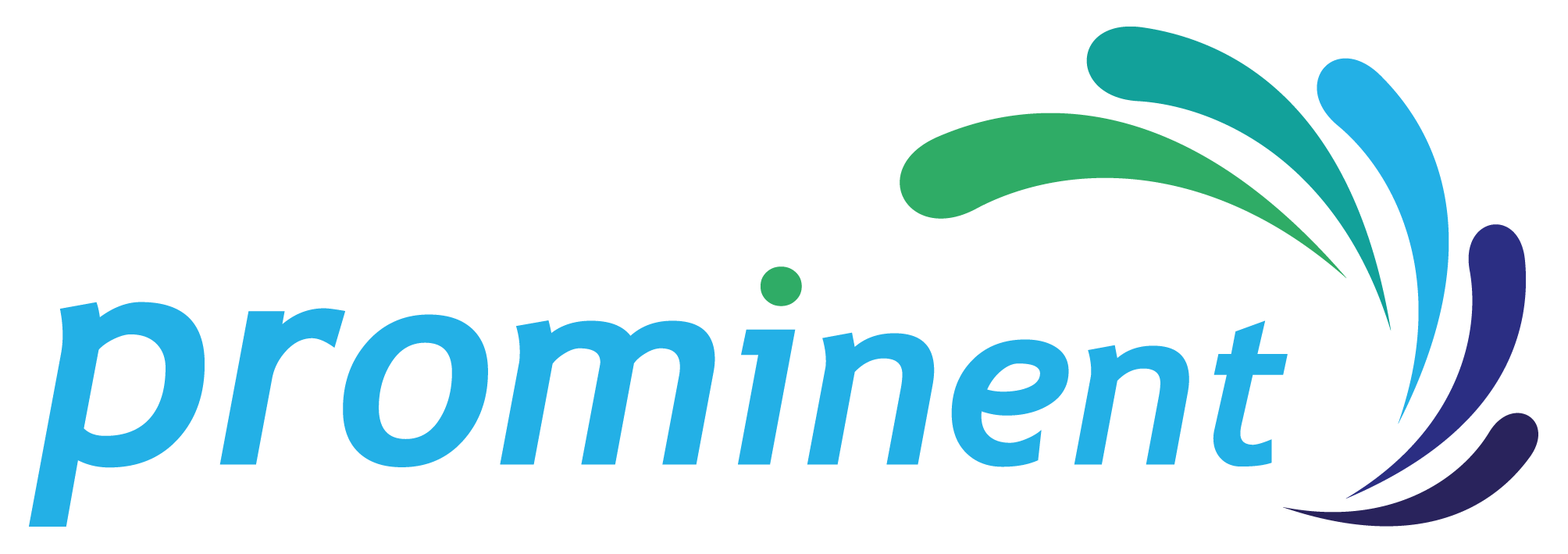[vc_row][vc_column][vc_column_text]One of the main objectives of the PROMINENT project is to support a massive introduction of a range of alternative energy concepts and technologies. This could be achieved by the further development of standardisation and modularisation of the most promising greening technologies and concepts. Within the PROMINENT project the aim is to make these technologies and concepts available for 70% of the inland fleet and simultaneously reducing the costs of applying them with 30%. The main focus of the work performed in WP2 is on this development for four of the most promising concepts and technologies:
LNG as alternative fuel
The use of LNG as a fuel is regarded as a main alternative for the regular gasoil engines. The research performed on LNG within this work package will contribute to more standardisation and modularisation. This will focus on the determination of the right configurations of amongst others LNG tank size, tank connection space, bunkering requirements and control and monitoring system. The work performed will lead to a standard program with a selection key for the different fleet families and will also address a cost and benefit analysis of LNG concepts. To test this in a real-life situation there will pilot project specified to equip an inland vessel with an LNG configuration.[/vc_column_text][/vc_column][/vc_row][vc_row][vc_column][vc_accordion active_tab=”false” collapsible=”yes” el_class=”acc-h”][vc_accordion_tab title=”Emission after-treatment of diesel engines”][vc_column_text]2015_11_14_D2.2 Ex-ante CBA after-treatment – Annex A2 – Vessel type – SCR-DPF
2015_11_14_D2.2 Ex-ante CBA after-treatment – Annex A3 – Rhine-ARA 2015_11_14_D2.2 Ex-ante CBA after-treatment – Annex A5 – Other waterways and passenger journeys
2015_11_14_D2.2_Ex-ante CBA after-treatment – Annex A1 – Vessel type – Base Line costs
2015_11_14_D2.2_Ex-ante CBA after-treatment – Annex A4 – Danube
2015_11_14_PROMINENT_D2.2_Ex-ante cost-benefit analysis of business cases for standard after-treatment configurations[/vc_column_text][/vc_accordion_tab][/vc_accordion][/vc_column][/vc_row][vc_row][vc_column][vc_column_text]
After-treatment by the use of SCR catalysts and diesel particulate filters is an effective way of reducing air pollutant emissions, respectively NOx and PM. Also for these applications is further standardisation needed to come to a mass implementation of after-treatment. This will be done by developing validated packages that can house either an SCR catalyst package or an SCR on DPF package. Considered within this development are several conditions, such as a minimum of 90% reduction for both air pollutant emissions, reducing noise, possible to fit in existing engine rooms and all the limitations set by the variety of diesel engines. This will lead to specification for a pilot performed with the application of after-treatment and also a business case cost model in order to assess the commercial viability.
[/vc_column_text][/vc_column][/vc_row][vc_row][vc_column][vc_accordion active_tab=”false” collapsible=”yes” el_class=”acc-h”][vc_accordion_tab title=”Energy-efficient navigation”][vc_column_text]
2015_11_21_PROMINENT_Ex-ante cost-benefit analysis of business cases for energy-efficient navigation
[/vc_column_text][/vc_accordion_tab][/vc_accordion][vc_column_text]Next to all the engine room solutions there is also a reduction of fuel consumption and emissions to achieve by navigating in a more energy-efficient way. With the development of an energy-efficient navigation system it is pursued to provide skippers with a helpful tool to sail more efficient. This concept will also be tested in a pilot and defining the settings of this will address issues, like e.g. the user requirements, necessary system parameters and available data for model calibration. Also the cost-effectiveness of this concept will be analysed and this will give input for more detailed business models.
Right-sizing and hybrid concepts
Right-sizing of engines and the application of hybrid concepts are both concepts that can result in more efficient sailing, resulting in reduction of fuel consumption. The potential of both concepts is highly related to the operational profile of an inland vessel, the distribution of power usage. For this, knowledge can be derived from additional mathematical modelling and simulations. To elaborate this, there will be a tool box developed such that for most of the ship categories and operational profile different driveline configurations can and will be compared. This will result in a definition of right engine sizing standards and the development of standardised hybrid concepts. For both cost/benefit analysis will be performed.[/vc_column_text][vc_tta_accordion][vc_tta_section title=”Ex-ante cost-benefit analysis of business cases for LNG” tab_id=”1524482237877-bf2f973e-8a9e”][vc_column_text]2017_08_27_D2.6_Ex-ante_cost-benefit_analysis_of_business_cases_for_LNG
170829-D2.6-ANNEX-1-Execution-of-ex-ante-CBA-LNG
[/vc_column_text][/vc_tta_section][vc_tta_section title=”Validated Mathematical Ship Energy Model” tab_id=”1524482237959-a2ac2d60-065e”][vc_column_text]2017_06_11_PROMINENT_D2.7_Validated-Mathematical-Ship-Energy-Model[/vc_column_text][/vc_tta_section][vc_tta_section title=”Standardized_model_and-cost_benefit_assessment_for_right-size_engines_and_hybrid_configurations” tab_id=”1533726053109-5d896088-7d66″][vc_column_text]18_03_13_PROMINENT_D2.8_D2.9_Standardized_model_and-cost_benefit_assessment_for_right-size_engines_and_hybrid_configurations[/vc_column_text][/vc_tta_section][/vc_tta_accordion][/vc_column][/vc_row][vc_row][vc_column][vc_column_text]
For additional information, please contact:
Bas Kelderman
Stichting Projecten Binnenvaart
B.Kelderman@binnenvaart.nl
Tel: +31 107989830
[/vc_column_text][/vc_column][/vc_row]
